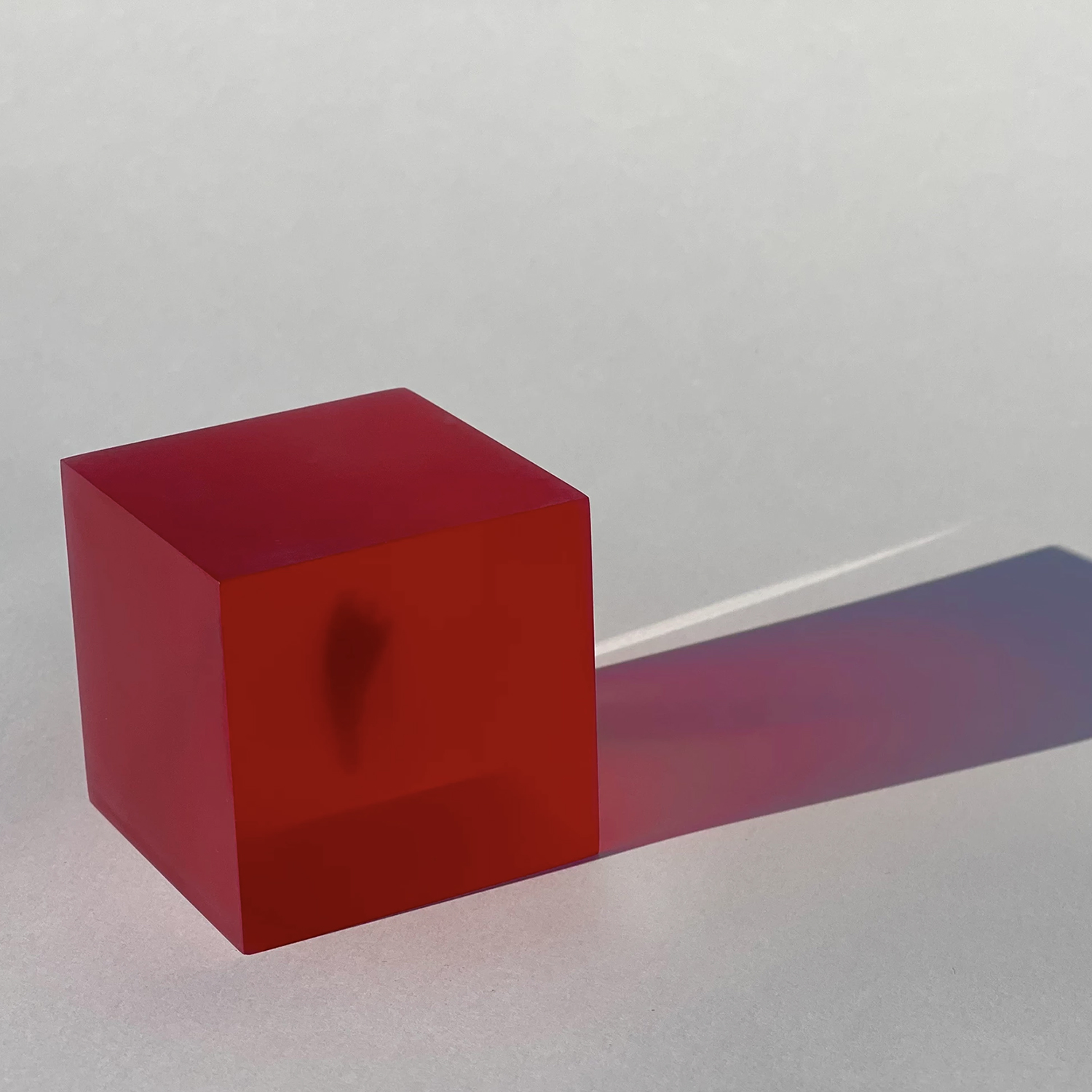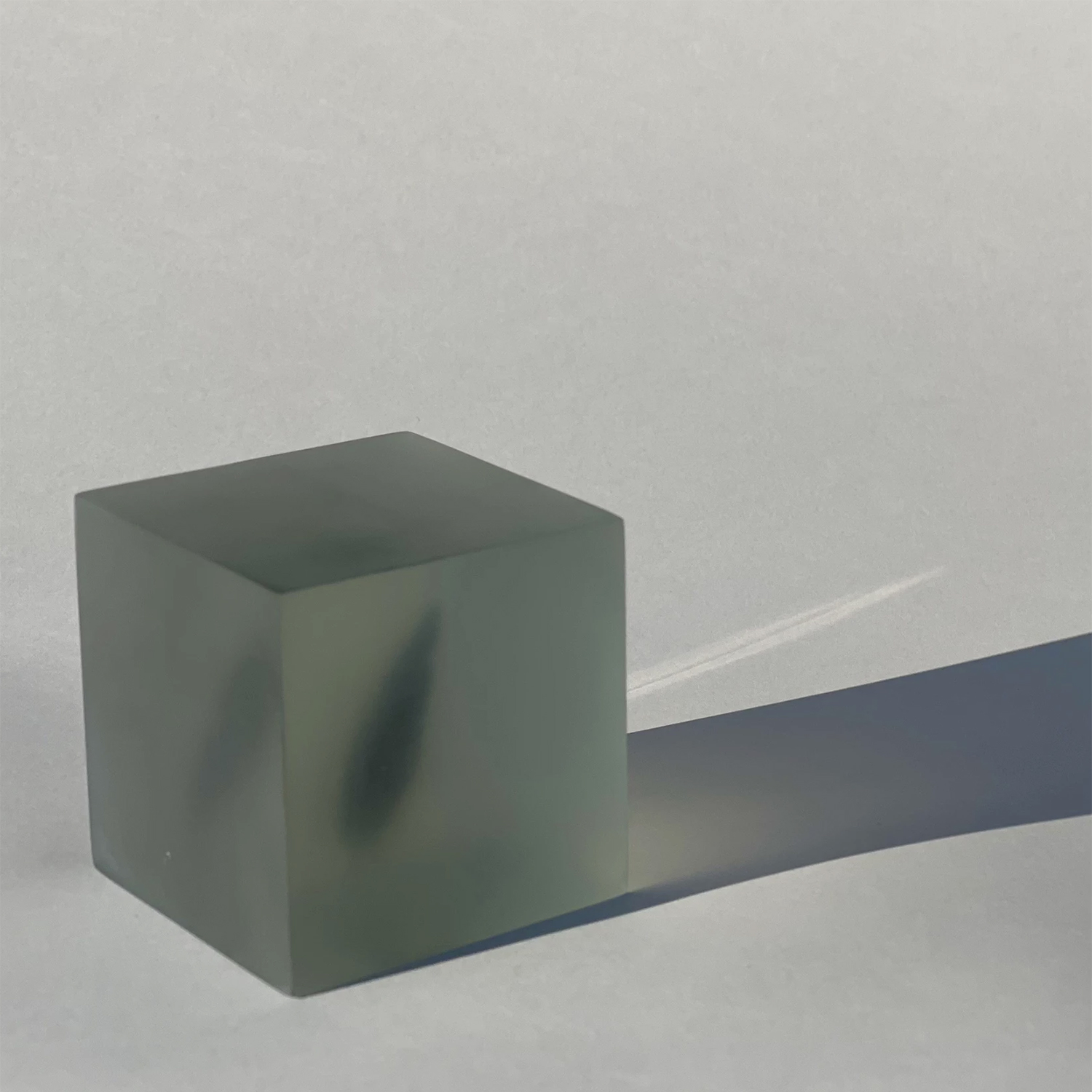Contract Killers
2021
Exhibited in June 2021 in ‘Proof of Art,’ the first Museum exhibition on the history of NFTs, at Francisco Carolinum in Linz, Austria, Contract Killers is a site-specific, augmented reality series created by Nancy Baker Cahill, collaboratively developed into a unique and powerful NFT project with several co-conspirators. The digital assets are minted on the environmentally responsible Tezos blockchain, and paired with physical assets, rewards and consequences outlined in a reimagined “smarter” contract, and essays from the artist; the Contemporary Arts Museum Houston Executive Director Hesse McGraw; and noted art attorney, Sarah Conley Odenkirk, partner at the law firm of Cowan, DeBaets, Abrahams & Sheppard LLP.
The project launched on Snark.art, an online platform which incubates artists' innovations on the blockchain.
Each AR handshake, recorded in front of a selected charged environment in Los Angeles, represents a realm of obligation and agreement where trust evaporates, where stated contracts continue to fail individuals and communities.
— City Hall: to underscore the dissolution of policies that force us to recognize that we belong to each other
— Hall of Justice: to address the profiteering and injustices of the prison industrial complex, court system, and all beneficiaries and victims therein
— Fiat Cash: to point to the gross inequities of late-stage capitalism
In addition to the AR ‘Contract Killers’ NFTs, collectors had the option to include a non-digital object in their acquisition.
The four resin objects represent the broken contracts highlighted: Social (pink), Financial (green), Judicial (red) and Civic (graphite).
“In addition to the AR video captures, a single fragment from each of the Contract Killers dissolving handshakes will be memorialized — immobilized— in respectively colored resin blocks. These linked artifacts of an ephemeral digital moment nod to the mythology of permanence while anchoring a sober moment of reflection in spacetime. In every case, Contract Killers seeks to use the language of augmented reality’s “there/not-thereness” to highlight the living consequences of broken contracts, and to inspire the collective building of an accountability system that fulfills the promises of its earliest architects.”
News
©2024 Nancy Baker Cahill Studio. All rights reserved.



